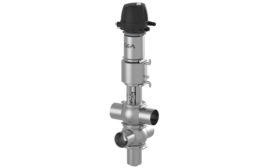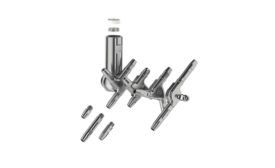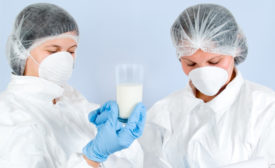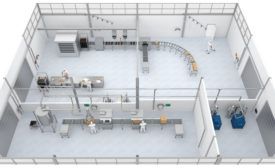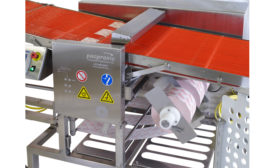Home » hygiene solutions
Articles Tagged with ''hygiene solutions''
Hygiene and food safety in the foodservice environment
By following these tips and constantly improving your plant’s hygiene processes and standards, you will be well-positioned to maintain that squeaky clean record.
September 3, 2019
Study: Personal protective equipment market to exceed $70 billion by 2024
Increased awareness regarding workers' safety, along with various manufacturers providing proper fitting equipment in compliance with regulatory norms pose a positive influence on industry growth.
August 6, 2019
Kersia acquires Choisy Laboratories
Choisy focuses on research, manufacturing and marketing of food safety and biosecurity solutions for the foodservice and hospitality market segments across eastern Canada and Europe.
July 19, 2019
FPS Food Process Solutions opens first manufacturing, support center in China
The new 91,500-square-foot facility further realizes the company’s vision to revolutionize hygienic standards.
July 1, 2019
Microban International, Lightning Technologies partner to treat pallets with antimicrobial protection
The goal is to incorporate Microban’s antimicrobial technology inhibit the growth of bacteria on pallet surfaces.
June 6, 2019
How partnering with innovative industry equipment providers can enhance food safety
One of the best ways to achieve success is to partner with innovative industry equipment providers that are responsive to meat and poultry manufacturers’ specific requirements.
February 14, 2019
Elevate your expertise in refrigerated and frozen foods with unparalleled insights and connections.
Get the latest industry updates tailored your way.
JOIN TODAY!Copyright ©2025. All Rights Reserved BNP Media.
Design, CMS, Hosting & Web Development :: ePublishing
